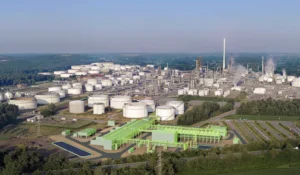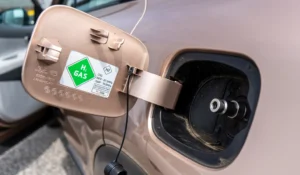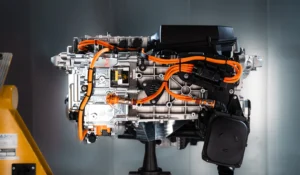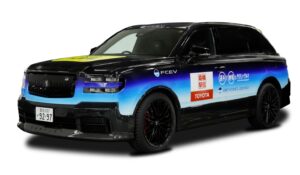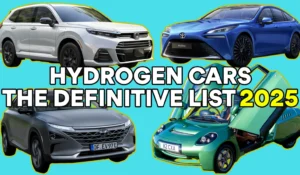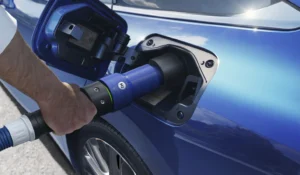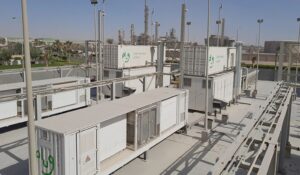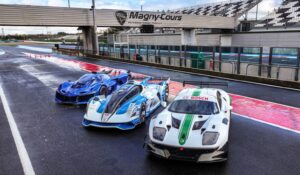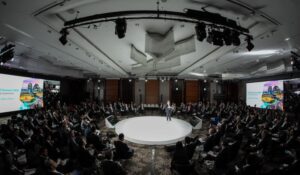Honda’s Moka plant ditches ICE engines, will make hydrogen fuel cells instead
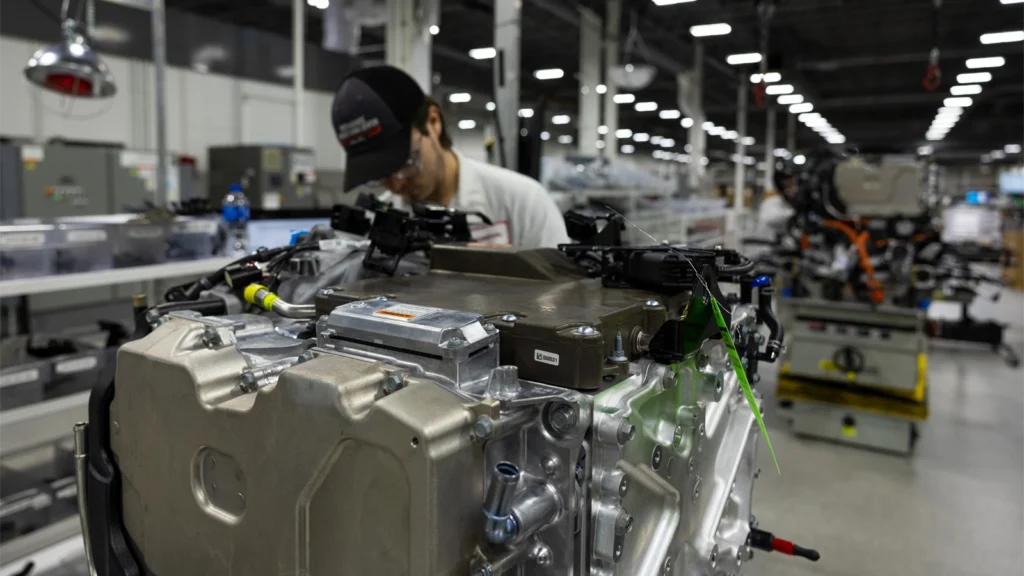
After decades of making internal combustion engines, Honda’s Moka Powertrain Unit Factory in Tochigi Prefecture, Japan, will soon hum with the sound of next-generation hydrogen fuel cell production.
From pistons to protons
The Moka plant, which stopped making traditional powertrain components in October 2024, will be reborn as Honda’s first dedicated hydrogen fuel cell production facility.
By the end of Honda’s financial year in March 2028, the Japanese firm plans to pump out 30,000 fuel cell systems annually from this site alone, equipped with cutting-edge tech for maximum efficiency and quality.
The fuel-cell plant will be located on part of the site and buildings of the Powertrain Unit Factory in Moka City, Tochigi Prefecture, which ceased production of automotive powertrain components in October 2024.
In 1970, Honda’s Tochigi Factory was developed as an engine-parts manufacturing plant based on Honda’s first satellite factory plan.
But by 2021, Honda unexpectedly announced its decision to close the plant responsible for producing essential components like crankshafts, engine valves, CVT pulleys, and the transfer case assembly for the SH-AWD (Super Handling All-Wheel Drive) system, a key feature in vehicles such as the Honda NSX.
Japan’s ‘Green Transformation’ (GX) initiative
Japan’s Ministry of Economy, Trade and Industry (METI) is backing the project with a subsidy of up to 14.78 billion yen (about $130 million), supporting Honda’s bid to lead the country’s ‘Green Transformation’ (GX) initiative – a key plank in Japan’s carbon neutrality plan for 2050.
In its drive to expand its hydrogen business as a new core area of growth, Honda has identified four key domains for its fuel-cell system: fuel-cell vehicles (FCEVs), commercial vehicles, stationary power stations, and construction machinery.
With the advanced capabilities of its next-generation fuel-cell system, Honda aims to secure a 5% share of the fuel-cell-powered truck market by 2030 and is targeting an ambitious 30% market share by around 2040.
The announcement comes on the back of the recent news mooted around in the global media that Honda and Nissan are on the verge of merging.
With Honda making headway in hydrogen developments and rumours of a merge with Nissan, could 2025 be the year of major announcements for some of the best cars of all time… maybe a hydrogen Honda NSX or a hydrogen Nissan Skyline GT-R? Only time will tell.
With Honda about to launch their new next-gen hydrogen fuel-cell car – the aptly named CR-V e:FCEV – in 2025, the news of further commitment to hydrogen fuel-cell development is an exciting prospect.

